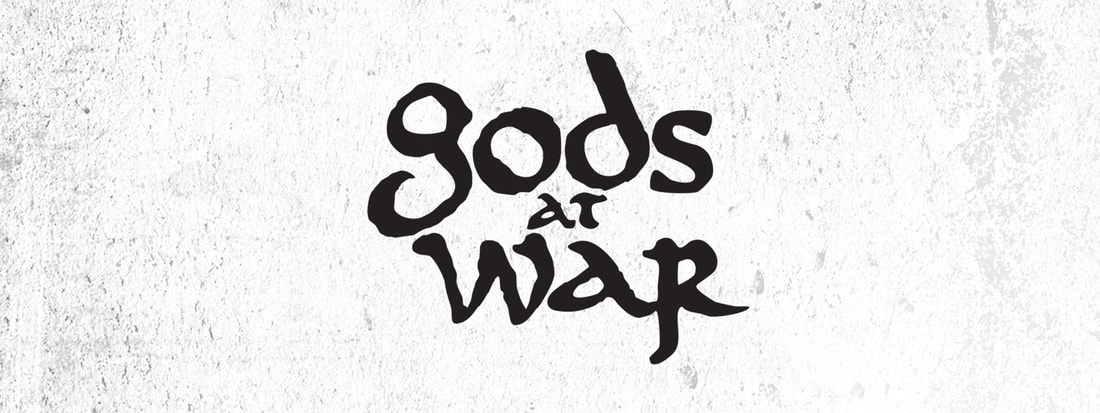|
I'm just gonna keep working though my thoughts on the Gods at War series by Kyle Idleman here as we continue it in our weekly LifeGroup. This week we discussed idols that fall under the broad category of pleasure. Most of the discussion centered around sex and food, but we did branch out to other things as they came up. One of the issues we talked about was the danger in trying to solve one's idolatry on one's own power; if we have made an idol out of food, for instance, we may try to solve it by going on a diet and exercising. But if that's all we do it's very likely we'll just set the exercising routine up as a new idol. The post-workout endorphin rush can be just as effective a god in our lives as the one that comes from eating to cope. There's a lot that can be said about this, but it's also true of basically all of the forms of idolatry that will be discussed in the series, so this week I want to focus on something that came up that was specific to the topic at hand. As we were discussing the ways that we can identify pleasure idols in our lives, I started to notice that the language we were using was largely the language of addiction. The study materials didn't, it should be noted. They used language of reliance, turning to pleasure for comfort and peace or making people suffer to get the pleasure being offered. It was our attempt to discuss that matter where addiction language began to arise, but it was apparent that we lacked any better words for the issues at hand and I think it possible this will arise elsewhere, as well. Now, it's been a while since I read the original book so I'm not sure if it was addressed there, but the question of "is addiction idolatry?" seemed like it needed to be asked, and it wasn't being asked in the leader's guide that accompanied the video series. So I went off-script for a moment and asked the group whether these were the same thing.
See, our church is located in a town that has been significantly impacted by the opioid crisis. There's also a state college in town, with youth who have been exposed to addictive substances in their first outing away from home, and a not-insignificant level of poverty which tends to exist in the same space as various addictions. Between our food pantry, general outreach, and a growing number of members who live in the city, we interact with addiction. As such it was important for us to get this issue down. How we view addiction will define how we treat addicts, and how we treat addicts impacts our ability to be effective witnesses of God's love to our communities. If we operate from the assumption that it is a moral or theological failing, we have a habit of being harsh and, in many cases, demanding change before they are welcome in our churches and outreaches--an approach that is not done in love or justified in scripture. So there is value in understanding the secular studies that have shown a medical aspect to addiction; however, if we hold only to that, and write all of the related symptoms off as always being addiction, we will never be able to recognize idolatry when it arises. We must help those who need help, support those who need support, and tear down false gods; and we must do so in a manner that always glorifies God and points our communities to Him in love. We ultimately came to the conclusion that pleasure idolatry and addiction are broadly overlapping issues that may or may not arise in the same person, even with the same substance or practice, but are nevertheless distinct. That we need to get to know people well enough to be in a position to recognize the difference between a physical placebo and a spiritual one. Both addiction and idolatry need to be addressed, but in different ways, but in the end only Christ can cure either. We must put Him, and His guidance, first in all that we do.
0 Comments
|
Scripture quotations taken from the NASB. Copyright by The Lockman Foundation
Archives
January 2023
Categories
All
|

 RSS Feed
RSS Feed
